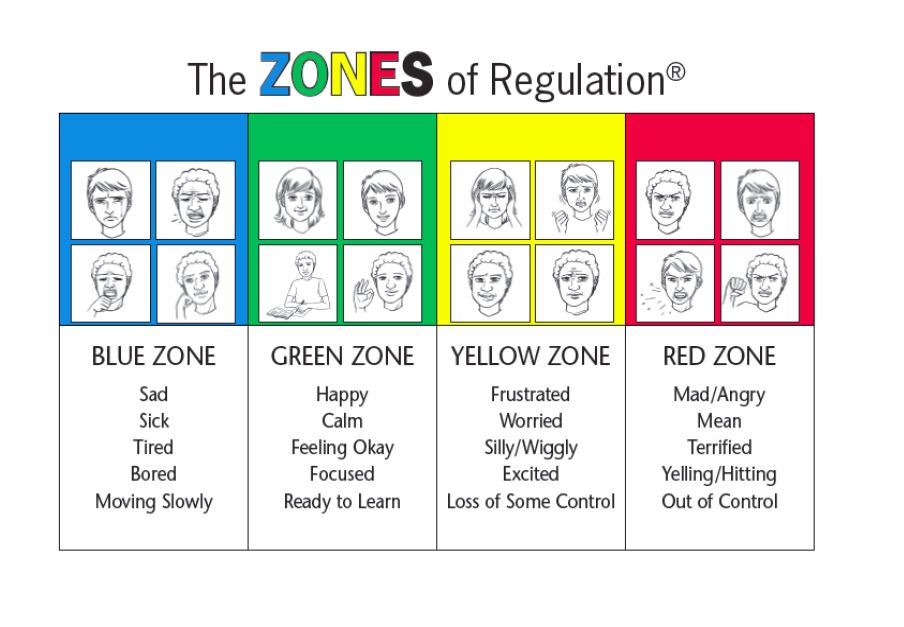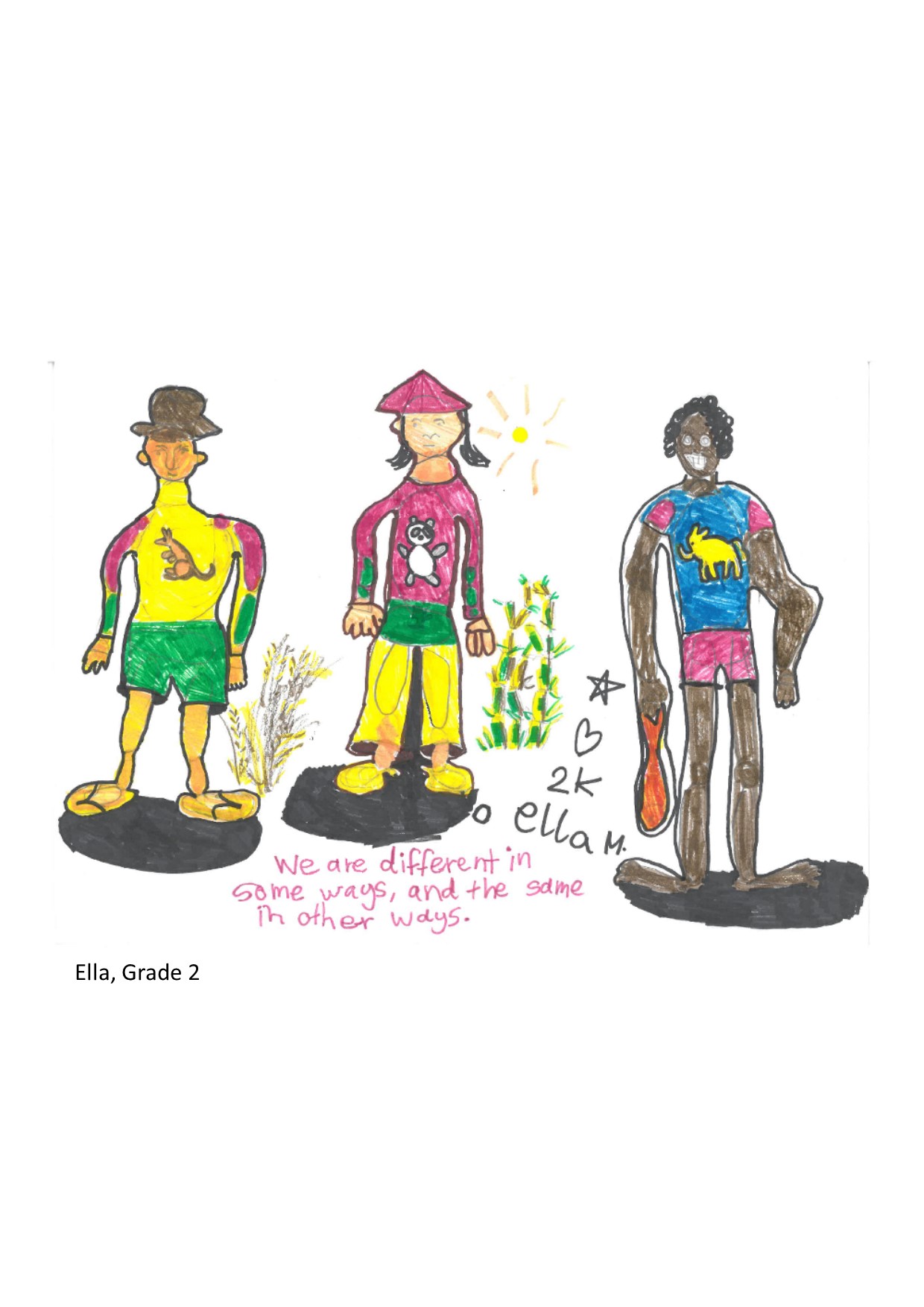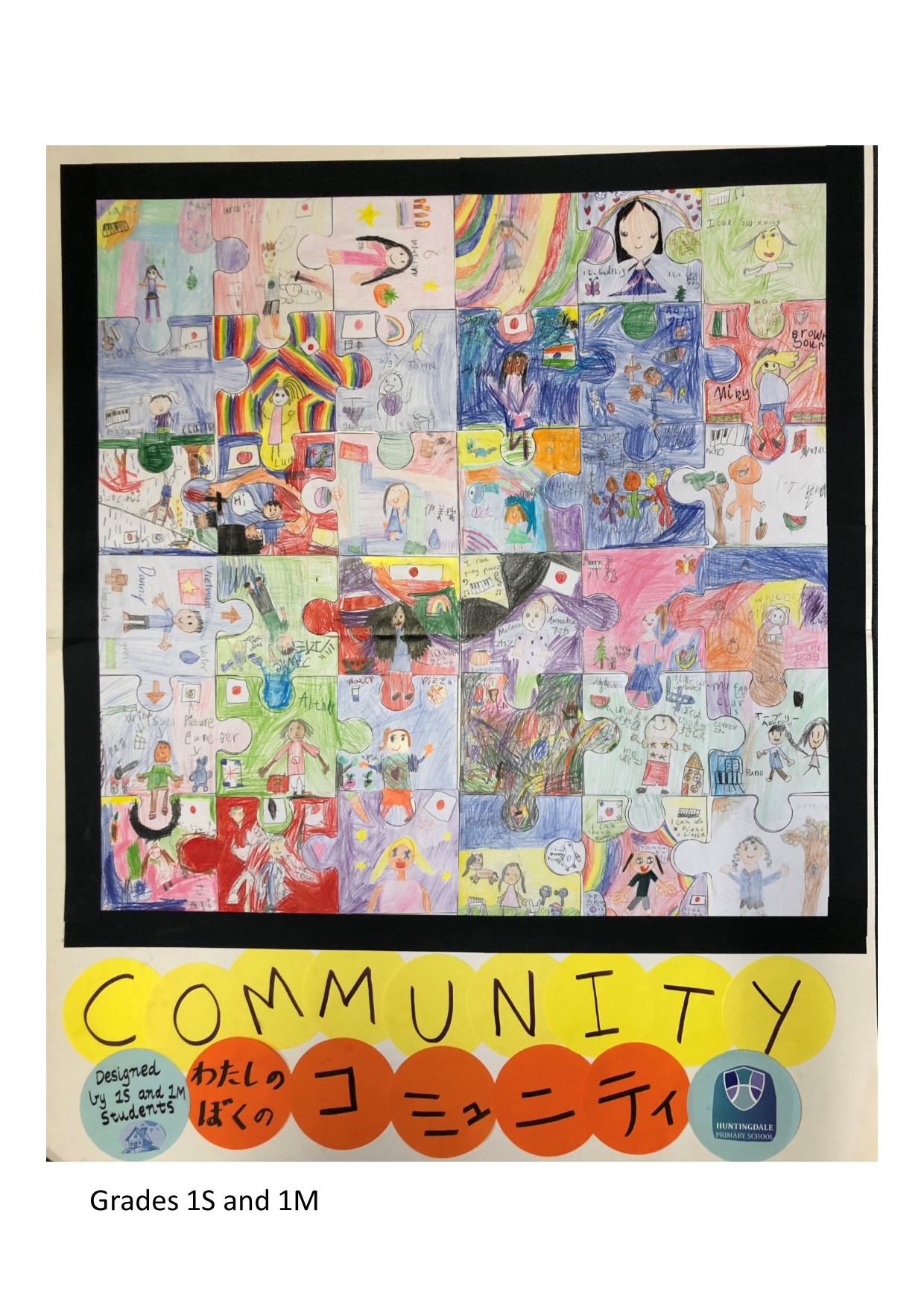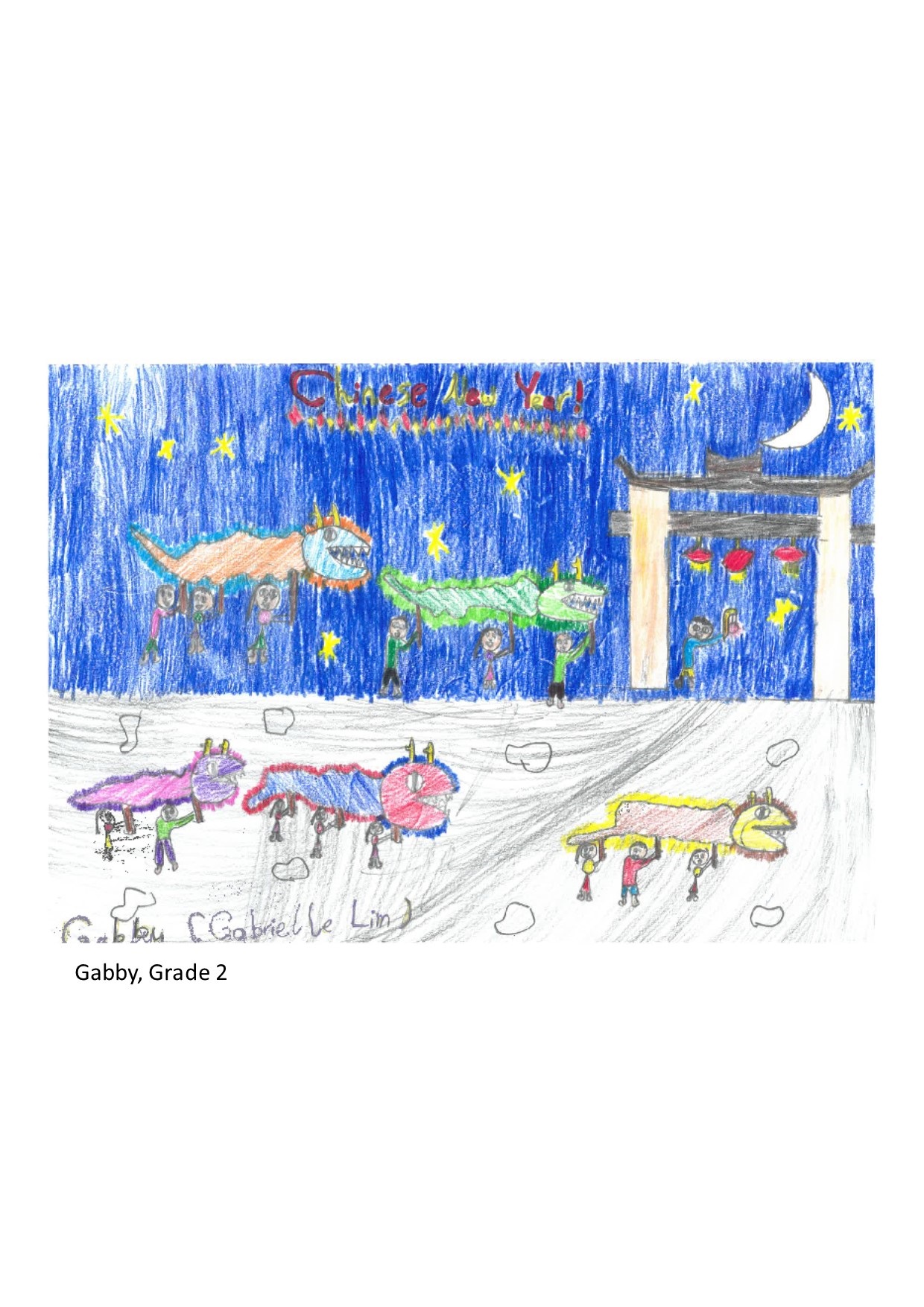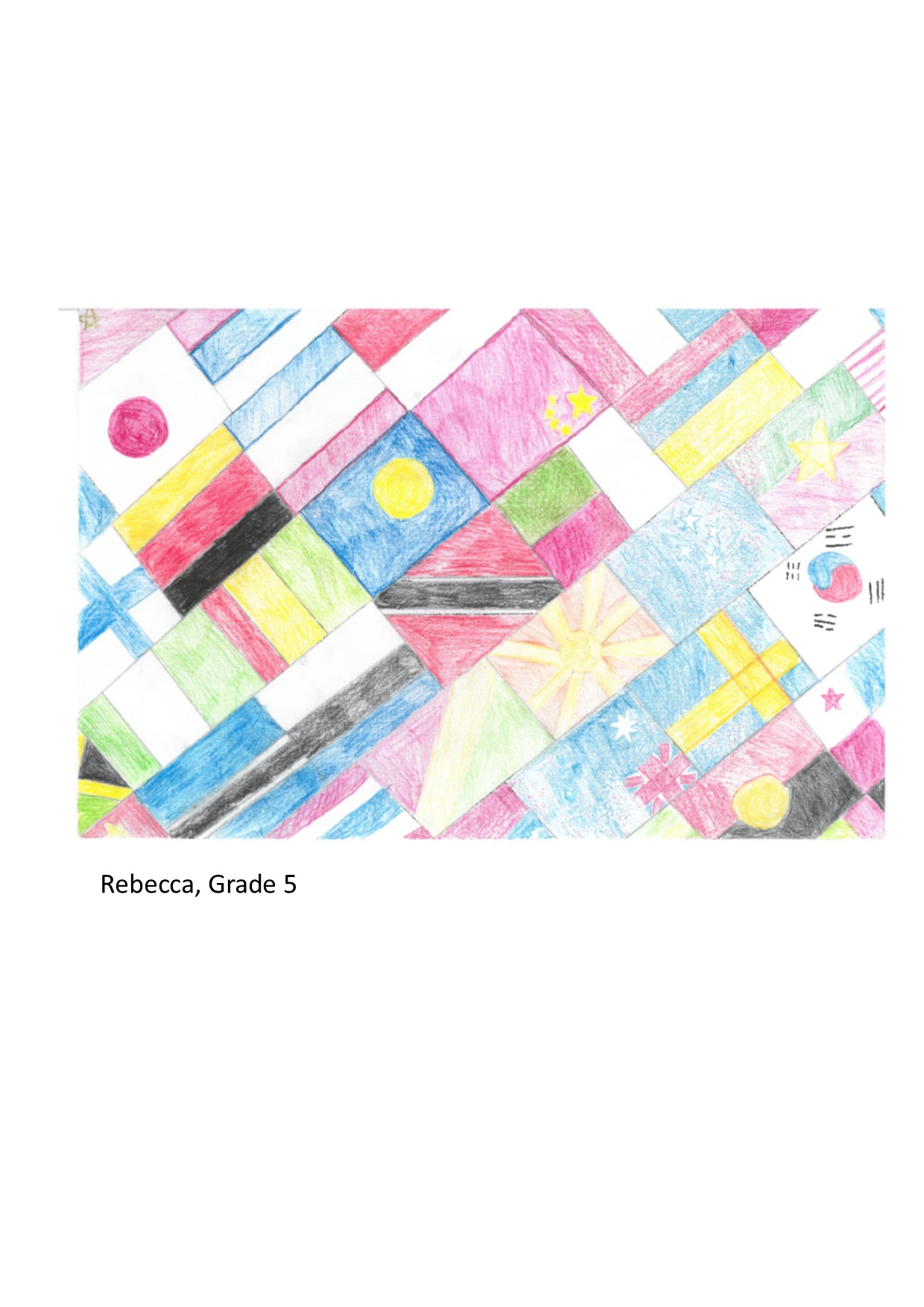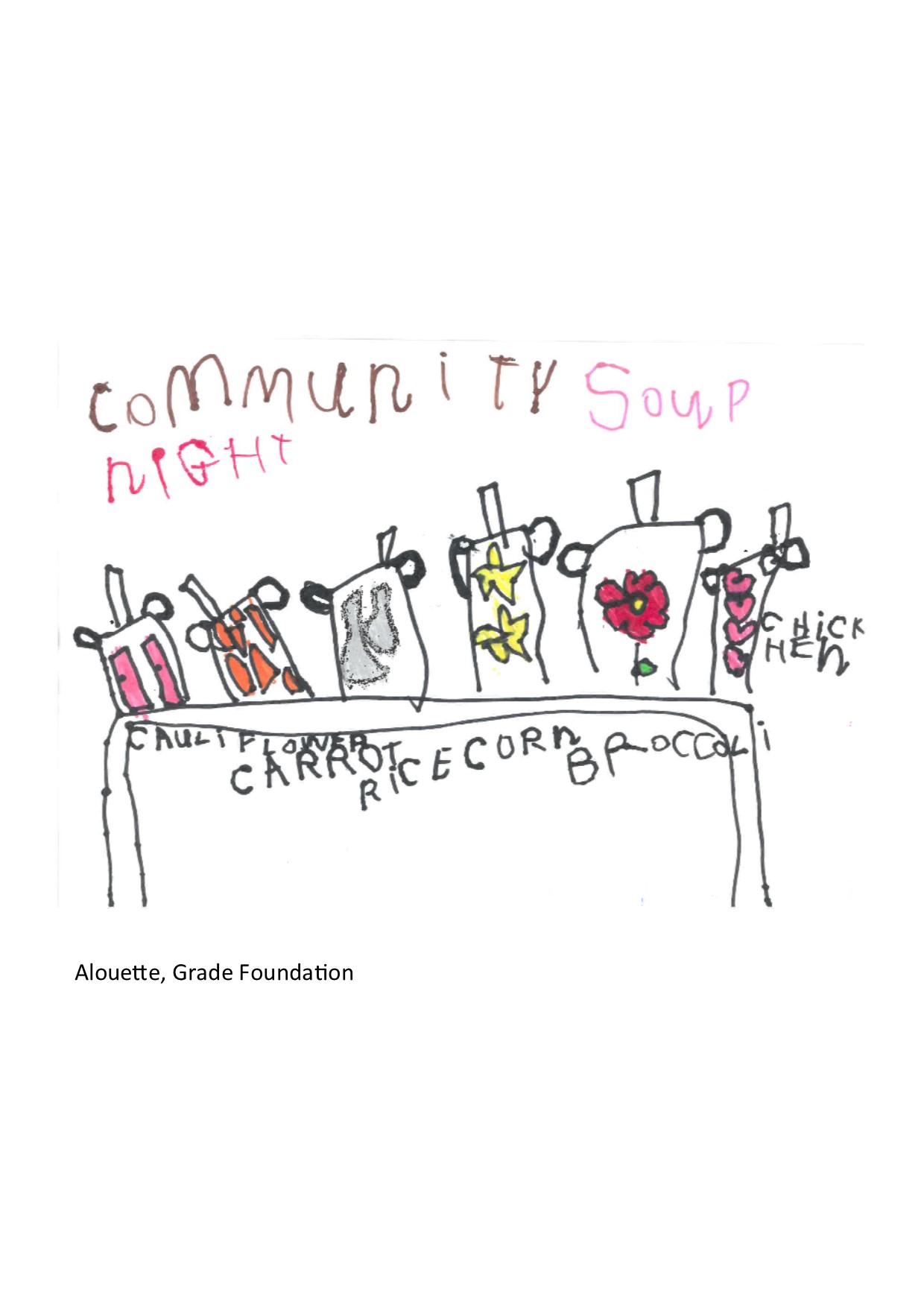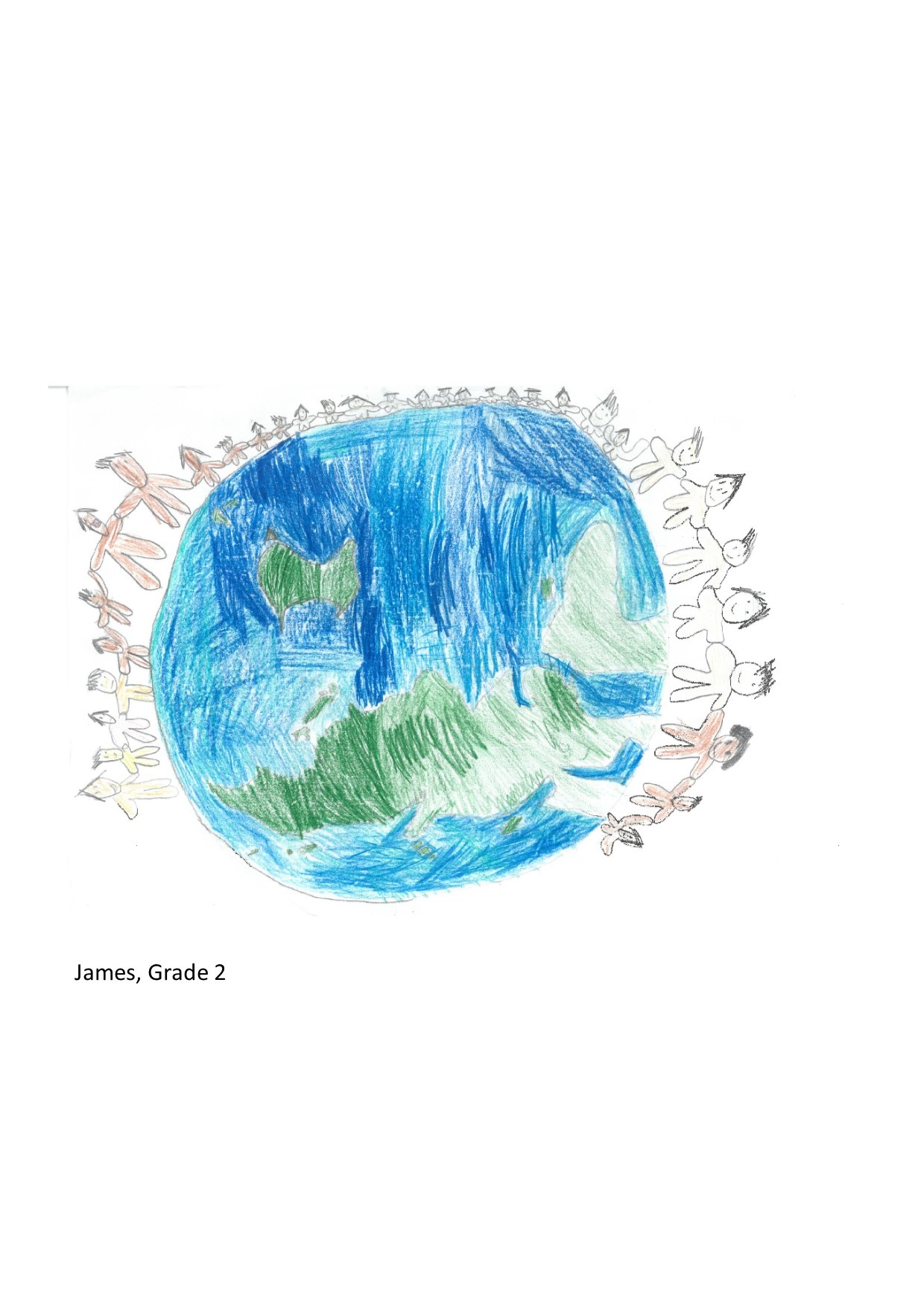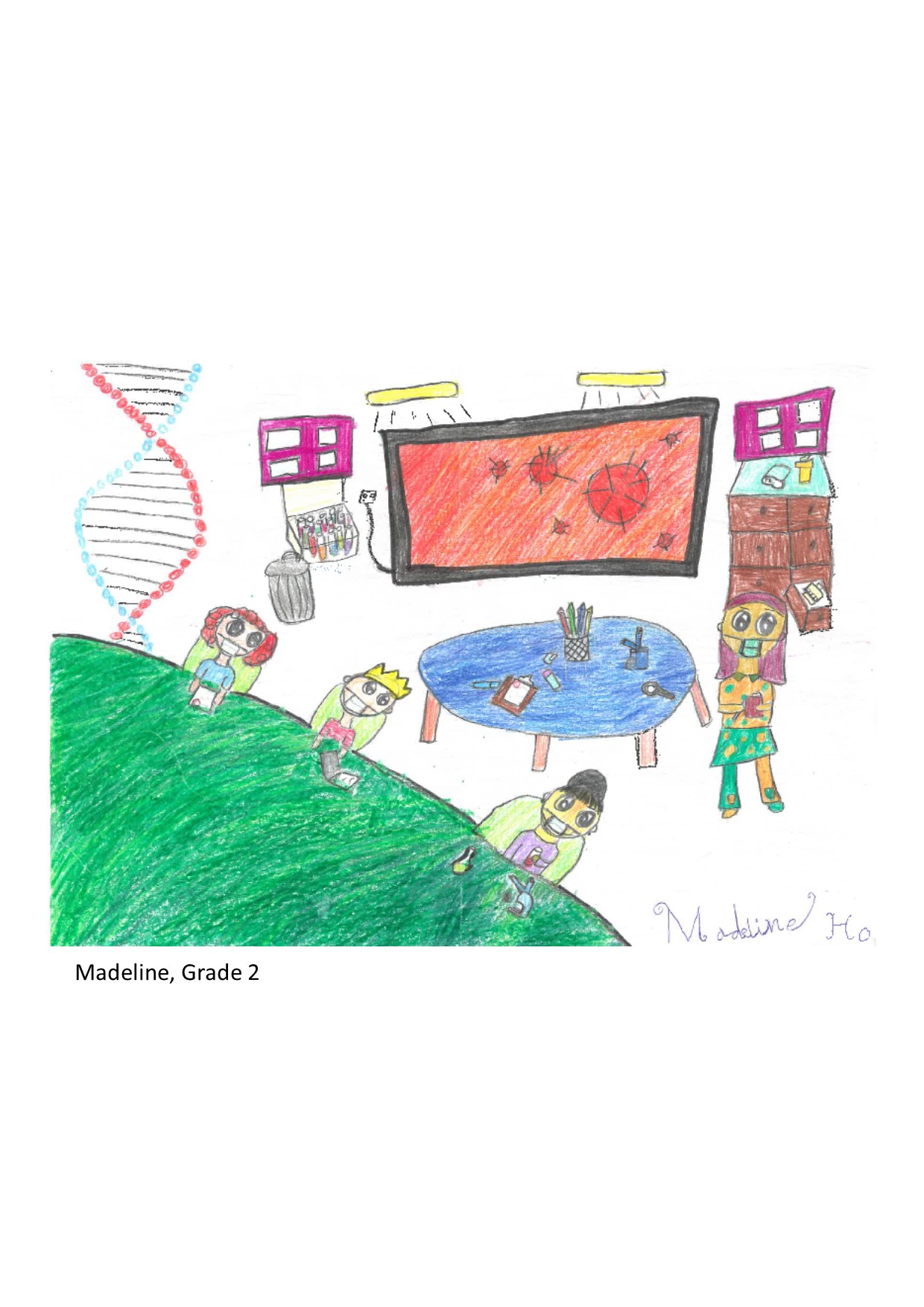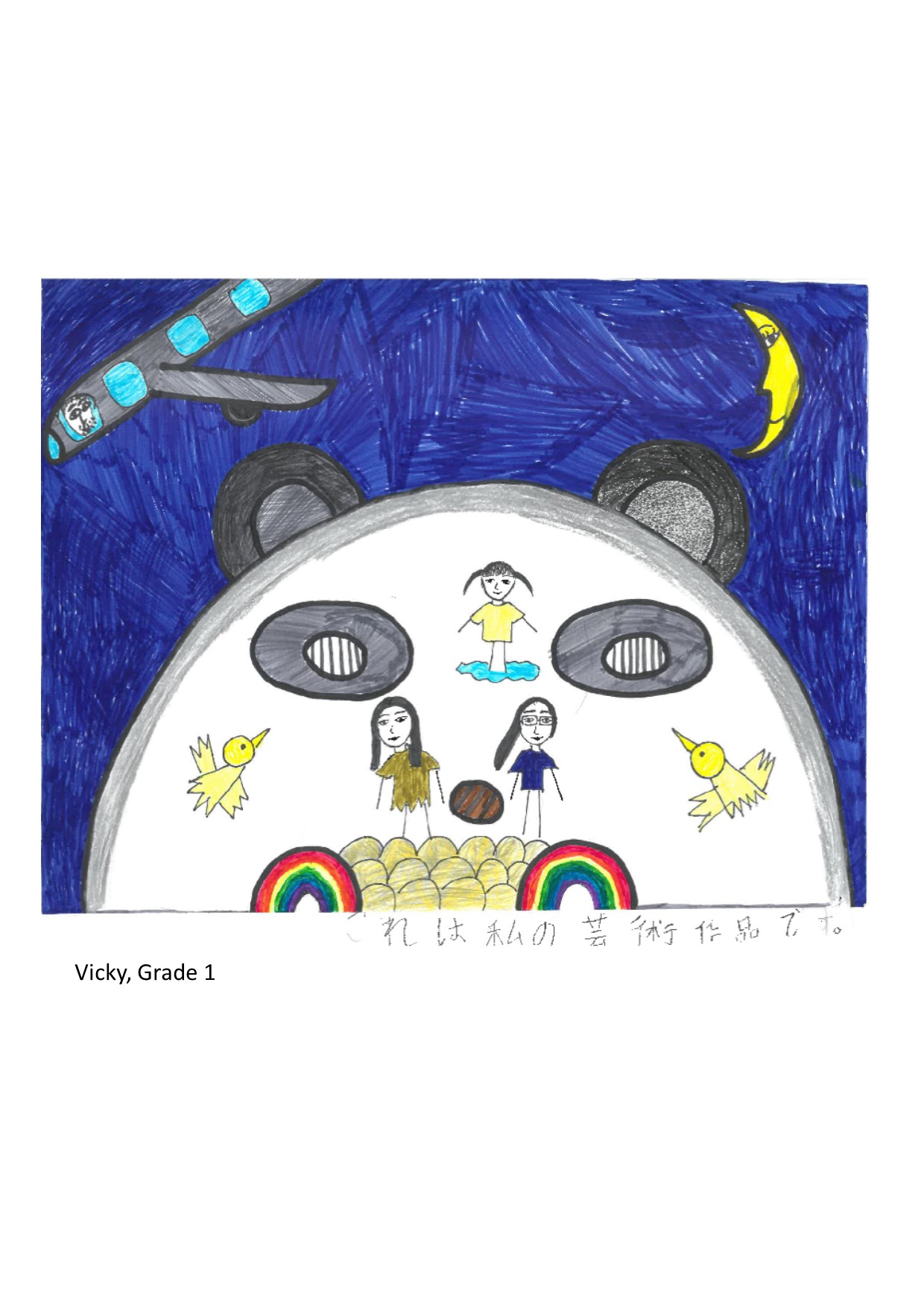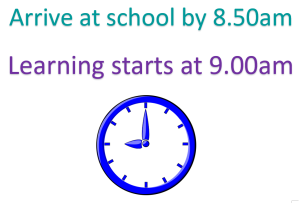Teaching & Learning
Huntingdale is a vibrant place that encourages learning, laughter and play in a friendly and warm environment. Come and see for yourself how Huntingdale is equipping every student for a bright future:
- Pleasant and extensive grounds are well resourced for learning, sport and play
- Our Transition Program and Buddy System ensure that each child makes a smooth and confident transition to school life
- Our Japanese Bilingual Immersion Education includes an optional biennial trip to Japan for senior students
- Our talented and dedicated teams of teachers are the strength behind the success of our curriculum and our Extension and Enrichment Programs.
Innovation & Excellence Award
In 2023, our school was a finalist in the Victorian Education and Excellence Awards in the category of ‘Dr Lawrie Shears Global Teaching and Learning Award’. Our bilingual education was recognised in the following speech:
“Huntingdale Primary School is a global leader in bilingual education which is influencing and improving language learning and global education across the government school system.
The primary school’s Japanese Bilingual Language Immersion Education program, where the Victorian Curriculum is delivered equally in both Japanese and English, is cited internationally as an exemplar of sustained school-level bilingual provision.
Huntingdale’s inclusive approach integrates students’ diverse home languages into the content and delivery of the bilingual curriculum while contributing to the international advancement of innovative models of schooling, relevant to changing global contexts for student learning.
Most recently, Huntingdale Primary School partnered with the Australia-Japan Foundation
through The University of Melbourne to develop new research into culture in bilingual contexts. Developing and sustaining international partnerships and collaborating with local
stakeholders, Huntingdale Primary School is empowering their students to become global
citizens who understand their impact on the world and value the culture, language, and stories of all.”
In 2011, Huntingdale was awarded the Curriculum Innovation Award as part of the Victorian Education Excellence Awards for our work on Inward Reflection – Outward Connection.
The Award recognised the work done by all staff across our school. The focus of the Award was:
‘The highly innovative and reflective Bilingual teaching and learning at Huntingdale showcases best practice in second language learning. It provides students with skills, knowledge and understandings of learning in and through two languages. With a focus on English and Japanese bilingualism, the school is dedicated to support children to become global citizens, by instilling a deep understanding of culture and fostering an international perspective in which children see similarities before they see difference. This Award will enable us to further research Bilingual school systems and the underpinning teaching and learning and school organisation that optimise learning outcomes in two languages.’
The award enabled us to explore effective literacy practice in bilingual and multilingual settings and participate in the Intercultural Understanding Field Trial. The whole school now has a shared understanding of intercultural understanding and awareness and how to cater for this at developmentally appropriate levels across the school.


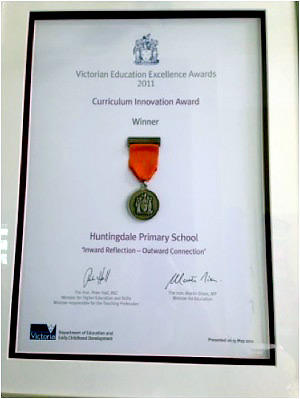
Media Coverage
Channel 10
Did you see us on Channel 10 news with Mike Larkin playing our Taiko drums with the Year 5&6 students?
See us on YouTube
The Age
Our school has featured three times in the Education Supplement of the Age – in 2002 (July 31), 2006 (June 12) and 2007(November 12), where it was described as “an ordinary school achieving extraordinary outcomes”.
https://www.theage.com.au/news/education-news/double-agents/2006/06/09/1149815312615.html
Oakleigh Education Precinct 2025
The Oakleigh Education Plan (OEP) has been refreshed for 2025, now known as the Oakleigh Education Precinct. This reflects the conclusion of the original phase of Oakleigh Education Plan and our transition to the next phase of our work as a connected learning precinct in 2025.
The Oakleigh Education Precinct will continue the work of the original OEP with continued close collaboration as a connected learning precinct being driven by our schools, South Oakleigh College, Oakleigh South Primary School and Huntingdale Primary School. We are also very excited to announce that Oakleigh Primary School has joined the OEP in 2025 as our fourth partner school.
The Oakleigh Education Precinct brings our schools together drawing on the collective expertise and experience of our leaders and teachers to meet the needs of the growing population and high expectations of the Oakleigh community. The OEP embeds a sustainable collaborative improvement model from Foundation to Year 12 to empower students with the skills, knowledge and understandings they need to build healthy, happy and prosperous lives.
Together we continue to prioritise working collaboratively building a connected learning partnership, sharing our professional learning, experience and expertise to build the capabilities of our teachers and schools.
Our key improvement pillars remain primary to secondary transition, STEM and design thinking and Japanese learning and pathways. Our guiding principles are set out in the Oakleigh Education Precinct Vision and Values.
Our strategic partnership with Monash Tech School also continues in 2025, supporting our teachers to build their knowledge and expertise in design thinking to support rich, engaging student learning.
VISION
Strengthen and grow our Connected Learning Precinct through Intentional Collaboration to provide our students with a sense of belonging, connection, challenge and opportunity throughout every stage of their growth and development.
VALUES
Students at the Centre – Everything we do through our collaborative practice as a connected learning precinct is to benefit students. To engage them, challenge them, empower them and give them voice and agency in their learning to achieve their best possible outcomes.
Building Capability Together – We strive to work together, building the capabilities of our students, teachers and leaders and pride and confidence in our schools.
Intentional Collaboration – Intentional collaboration is the key strategic driver that underpins our work as a connected learning precinct so that we continue to strengthen the connections between our schools, teachers and students and share our collective experience and expertise.
Connection and Inclusion – As a connected learning precinct, we seek to create an inclusive environment and culture across our schools for all members of our wider community.
Our Curriculum & Teaching
Our Instructional Model
At Huntingdale Primary School we teach using our instructional model. The teachers provide a warm up activity to ‘tune in’ students to learning. They move to whole class instruction where they explicitly teach a concept and share the learning intentions and success criteria for the activity. Students then move to differentiated activities which can include working with the teacher individually or in a small group, working independently, working in pairs or accessing digital technologies platforms related to their learning. During conferences with the teacher, students gain feedback on their work and they set learning goals. To round off the lesson, students have a share time and reflection.
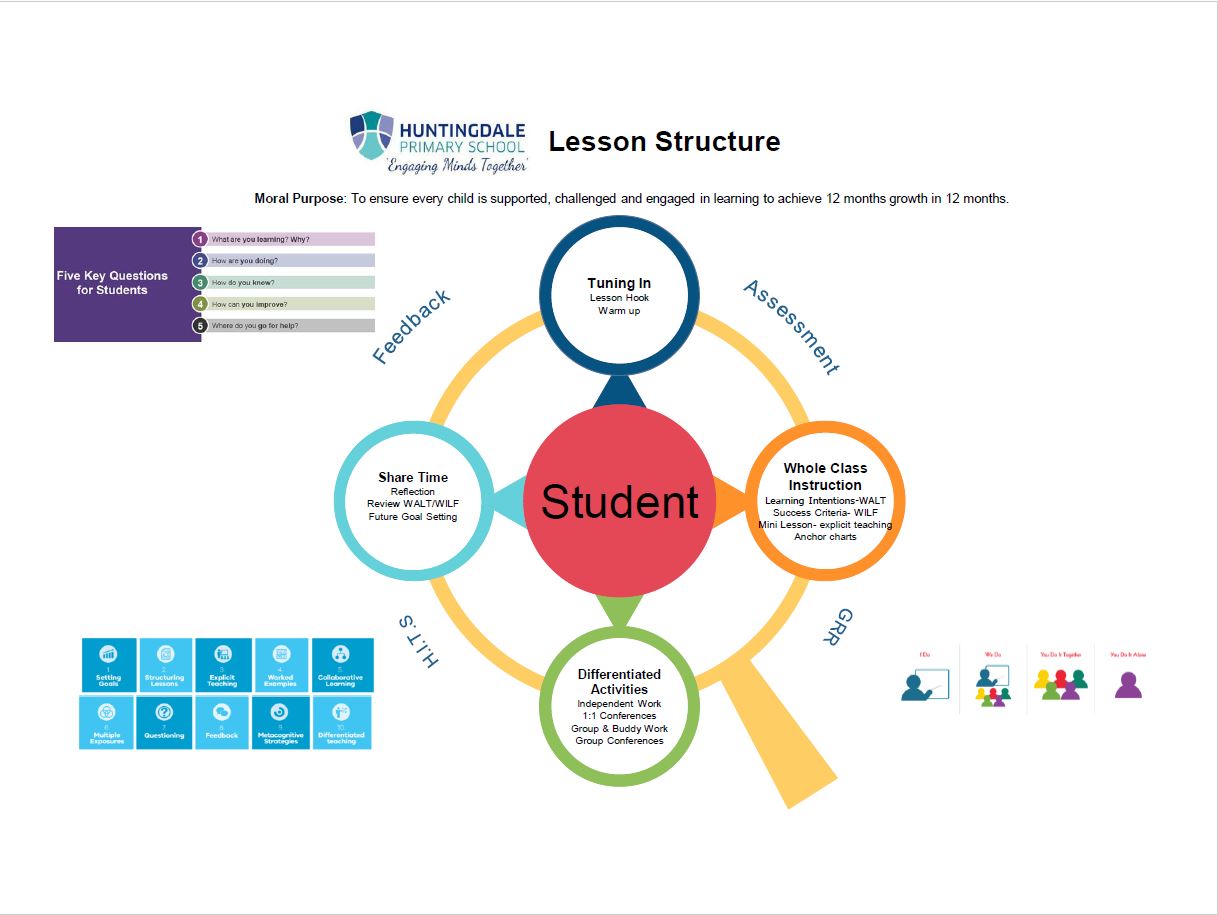
Literacy and Numeracy Teaching
At Huntingdale our Literacy and Numeracy Programs are based on extensive research underpinned by our beliefs that:
- All students can succeed given sufficient time and support
- All students should be challenged and supported to achieve their potential
- Early literacy success has a positive and significant effect on success in all areas of learning
A comprehensive whole school approach has been developed providing:
- Highly differentiated Literacy and Numeracy Programs
- A daily two hour Literacy block and one hour Numeracy block
- Highly effective school-wide assessment processes to identify and monitor the progress of every student
- Weekly Professional Learning Community (PLC) meetings to plan strategies to continually challenge and support each and every student
- Infusion of thinking skills and technology tools to provide further challenges and stimulate learning
- Provision of individual Literacy intervention support through English as an Additional Language (EAL) support
STEM (Science, Technology, Engineering & Mathematics)
STEM is taught as a specialist subject in year 3 to 6. the Design Thinking process is used to teach STEM activities.
The school has a dedicated and well-equipped STEM room that students access. Our staff develop their teaching of STEM as part of the Oakleigh Education Plan, working with teachers from other local schools
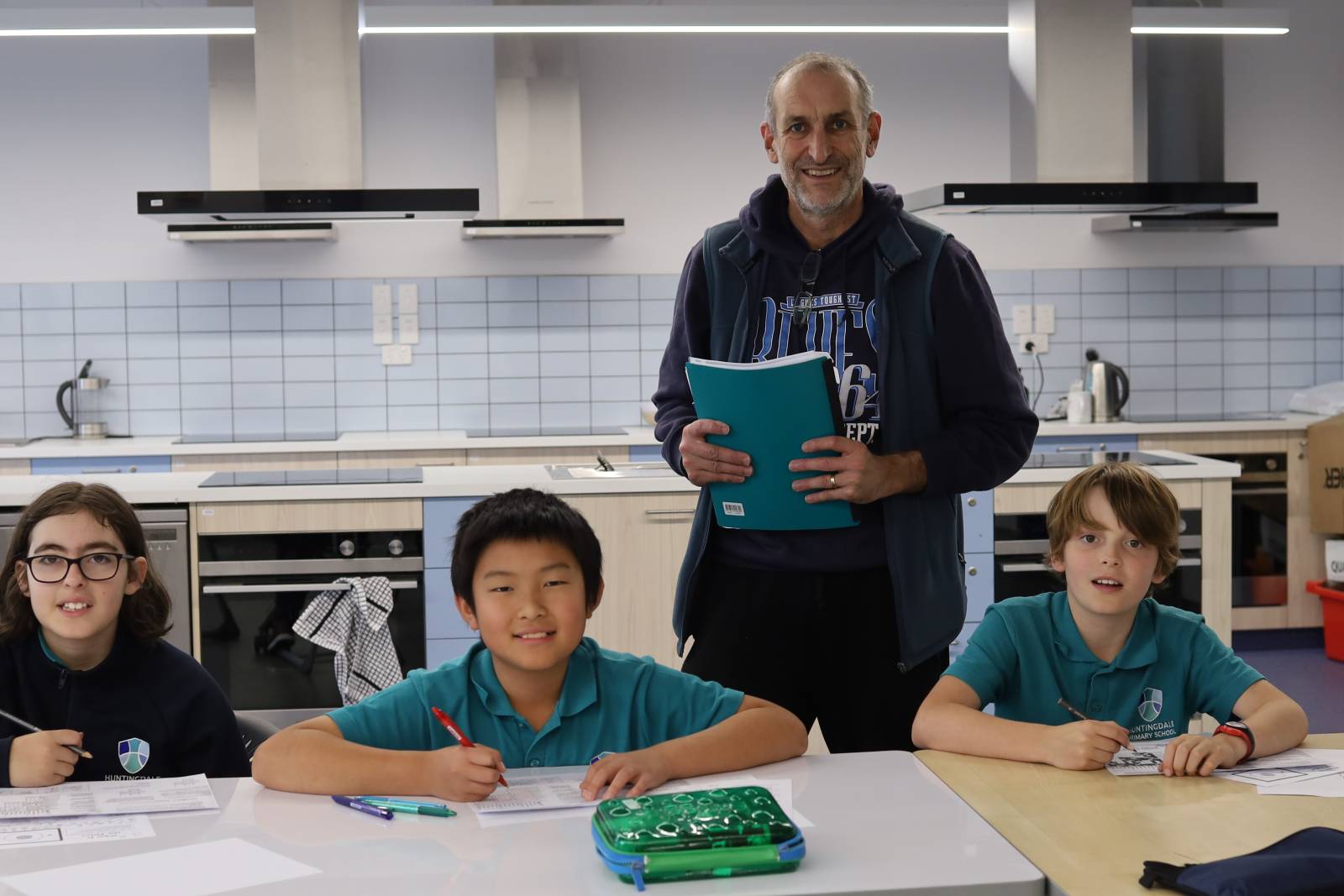
Literacy
Huntingdale Primary School offers small group Literacy Extension sessions to students who are excelling in writing. In 2024, our Grade 3/4 Literacy Extension students worked with a mentor from Story Studios. This mentor equipped our students with skills to enhance and enrich their written work. During this 10-week program students planned, wrote, and published their own fan fiction stories.
Dear parents, please see below our students’ stories.
eLearning
Innovative and effective use of Information Communication Technology (ICT) will support our challenging and dynamic learning environment that equips students with the skills to be active and successful members of the 21st century global society. Technology is embraced by the school community and the school educates students and families in regard to cyber safety. We have developed a whole-school understanding of responsible and safe online interactions in accordance with the eSmart Framework. Huntingdale Primary School achieved the status of an eSmart School in 2017.
We aim to cater for different learning styles through the integration of technologies. All of our teaching and learning programs infuse some form of technology with all classrooms being equipped with laptops, netbooks and iPads, which are provided as a tool to create, collaborate and communicate.
All students in the school have a See-Saw account so they can share work with their parents. Year 4-6 students use the Google Classroom suite to support their learning. Other programs we use to support student learning include Essential Assessment, Mathletics and Epic Reading.

Sustainability Education
Huntingdale Primary School recognises that the environment is important to our student’s lives. We endeavour to reduce our ecological footprint through creating and maintaining sustainable practises both within the school and promote issues to the wider community.
At Huntingdale Primary School we have Environment Captains who help lead environment initiative in the school such as recycling, composting and promoting environmental events.
Please click this link to find out what our environment team has been up to:
https://sites.google.com/education.vic.gov.au/environmental-club/home
Extension & Enrichment
Gifted and Talented Programs: Maths/ Science Extension
Our differentiated classroom program is the ideal model for consistently extending and challenging children. Talented children also benefit from opportunities to meet and work with likeminded children on specific programs. We offer an extension program in Mathematics and Science. Through our extension program, students are withdrawn from regular classes to work on individual projects of mathematical and scientific inquiry.
EAL (English as an Additional Language) New Arrivals Program
Our EAL Program for is designed to boost English language skills which enable students to participate more fully in classroom activities. Students entering the school with little or no English participate in an individual program that is developed for them and the students are withdrawn from the class for intensive English sessions.
Literacy Intervention & Support Programs
Our Literacy Intervention Programs are based on the belief that all children can succeed given sufficient time and support. Even with a highly differentiated program, at times individual children require an intensive skills based program to accelerate their learning. The Literacy Support Programs provide targeted individual support for students in Foundation to Year 6.
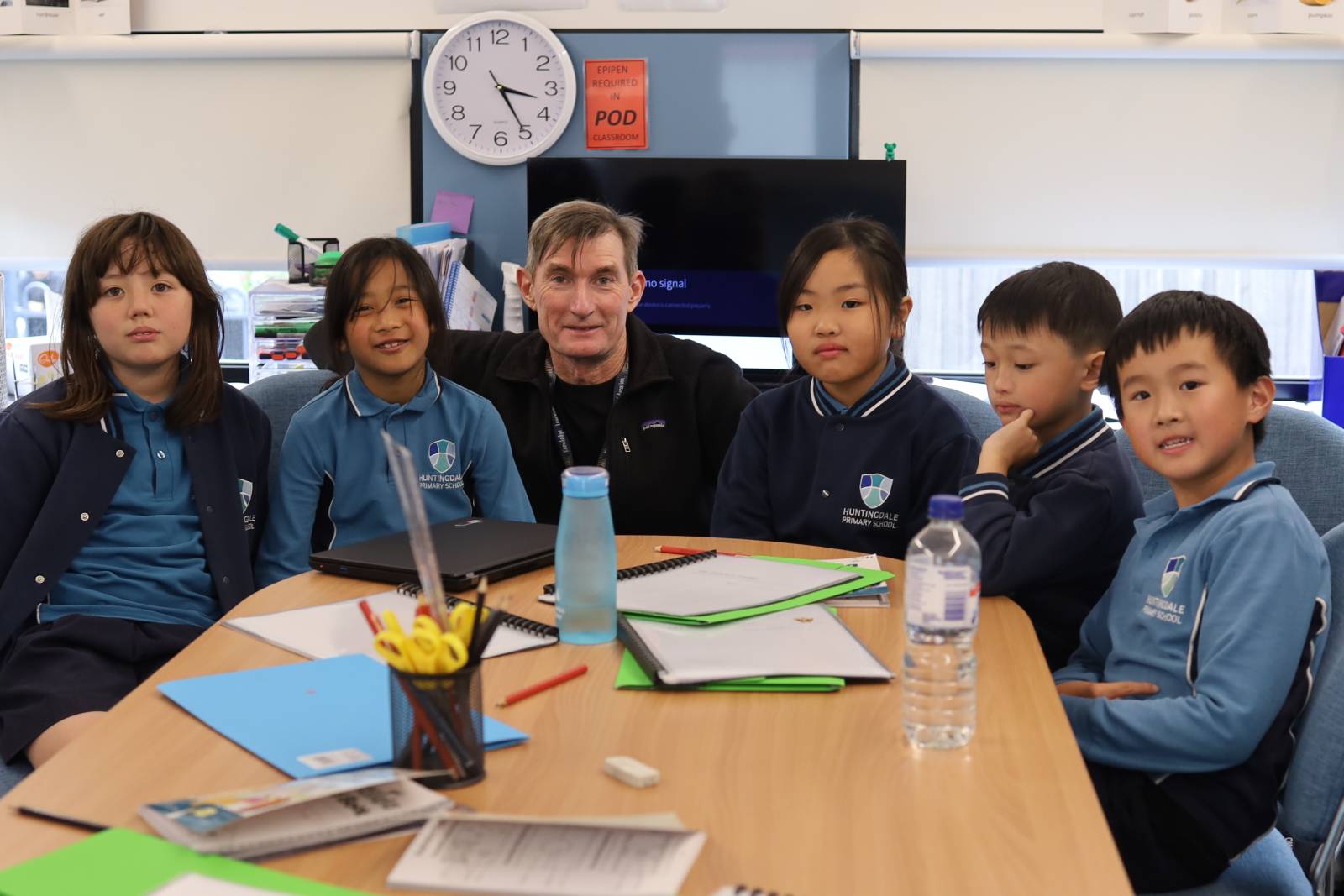
Performing & Visual Arts
Visual Arts
Visual Art provides children with an opportunity to portray their thoughts, feelings and perceptions through many different media. It fosters imagination and individual expression. Children experience and develop skills in a range of art forms and media including drawing, painting, printmaking, collage, modelling, construction, threads and textiles.
Foundation to Year 2: In the first years of school, the emphasis is on experimenting with a wide variety of materials and techniques to create individual expression. Children are encouraged to talk about their work, that of their classmates and other artists as well as draw upon play and imagination.
Years 3 to 6: As children move through the school, there is an increased focus on developing and using skills, techniques and processes to communicate their thoughts and feelings in a wide variety of Visual Art forms. They observe and discuss artworks created by their peers, by other artists and cultures and develop an understanding of art in society.
Celebrating Diversity Week
Drama
Students participate in a one-hour Drama session taught in Japanese. Drama assists students in developing oral language skills using Japanese as well as performing skills
Music
Music is fundamental to the creative, intellectual and emotional development of all children, particularly young children. Music engages imagination, fosters flexible ways of thinking, develops memory and enhances personal and interpersonal development. All students participate in a one hour music lesson conducted in Japanese. This includes singing, moving and the playing of instruments leading to more complex activities such as composing music and performing in role plays and productions. The music program is enhanced by a range of school performances, in-school visits, Taiko Japanese drums and Choir Programs and our Instrumental Music Program.
Optional Instrumental Music Program
Huntingdale also has a well established keyboard music and guitar program. We also offer percussion and vocal lessons.
Taiko Performance Group
Our highly successful Taiko Group are invited to play at a range of cultural events in Melbourne. All students have the opportunity to learn Taiko in Years 5 and 6. Our current Taiko Group has 15 students from across years 4, 5 and 6 and practice weekly.
In recent years the Group has performed at many auspicious occasions including:
- School Sports Victoria Awards at MCG
- Pacific School Games Opening Ceremony at SNHC
- Multicultural Festival of Creative Arts
- Box Hill Japan Festival
- Department of Education and Training – Mother Language Event
Choir
We have two Bilingual Choirs: a Junior Choir (Foundation to Year 3) and a Senior Choir (Year 4 to Year 6). Our Choirs perform at many of our local celebrations and can be heard at assembly sharing their newly acquired skills and song repertoire with the school. Our Choirs present to the broader community at events such as Carols in the Park and the Box Hill Japan Festival.
Ukulele Club
We have an Ukulele Club for Year 5&6. They have performed a range of Japanese and English songs for our annual Christmas Concert and at school assemblies. You can watch some of their filmed performances here.
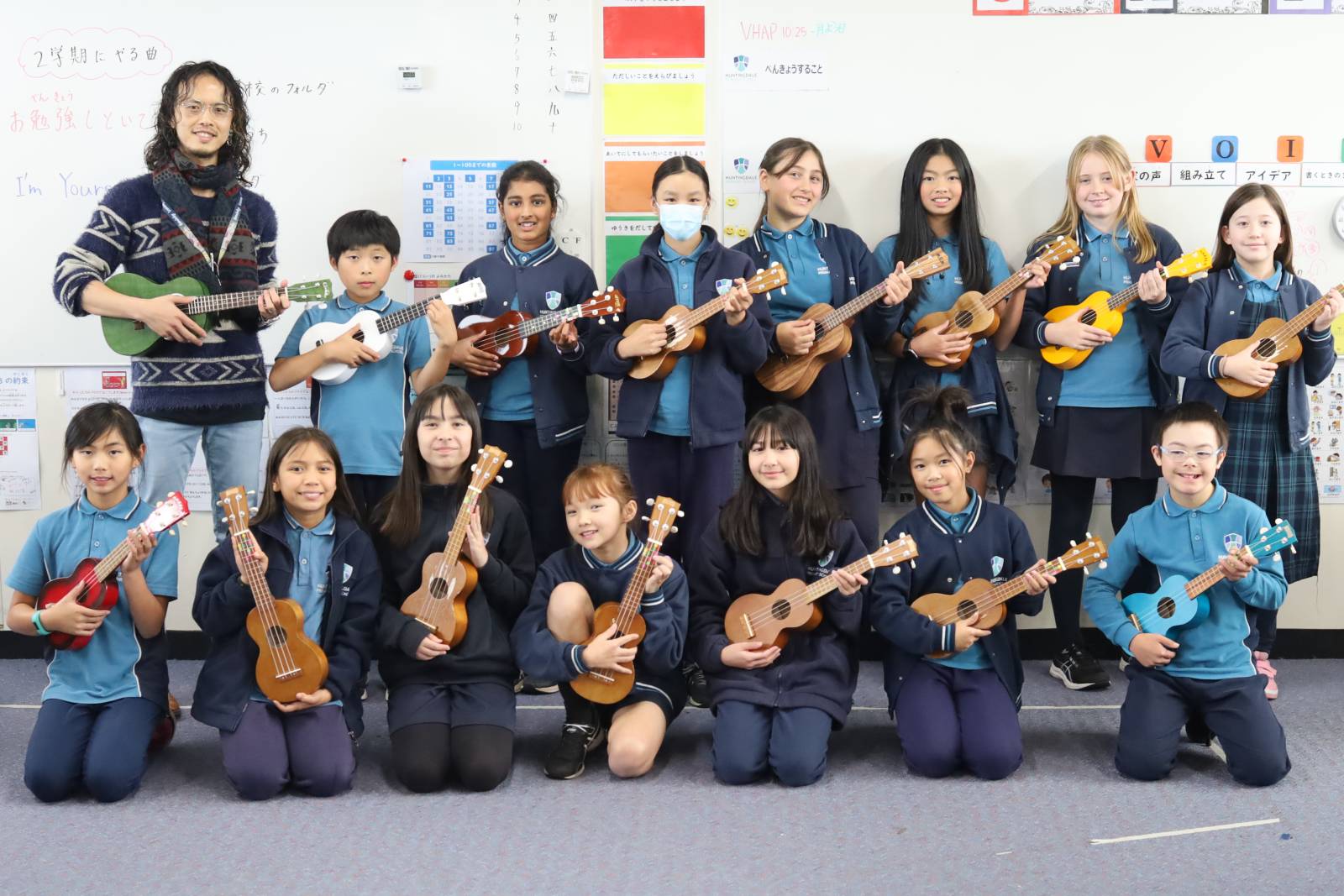
Sport & Physical Education
The Sport and Physical Education Program at Huntingdale promotes early success, participation and engagement in a range of physical activities that lead to continued physical activity throughout the years of schooling and beyond.
Foundation to Year 2 focuses on the development of the fundamental motor skills such as catching, throwing, kicking, dodging as well as playing games, athletics, ball handling, physical fitness.
Years 3 to 6 further develop the fundamental motor skills through a greater focus on team sports. All students participate in a two hour per week team sport session. Years 3/4 and 5/6 sport is based on small sided games to increase participation. Years 3/4 and 5/6 sport is one of the main ways in which our Student Wellbeing Program is brought to life at Huntingdale PS with post game reflections focusing on our school values and norms.
Whole school events include our swimming program, gala days, annual adventure camp for Years 3 to 6 and events such as district athletics, cross country, swimming and our traditional Japanese sports family evening.
School Oval
Our oval in an award winner! Grassports won an award for the construction of our school oval at the annual SAPIA Sports & Play industry Awards.
SAPIA’s Industry Awards Program is to support the association’s goal of promoting excellence in sports court, sports field, playground and recreation facility design, construction, maintenance surfacing and servicing as well as product innovation.
It is wonderful to have an award-winning facility!
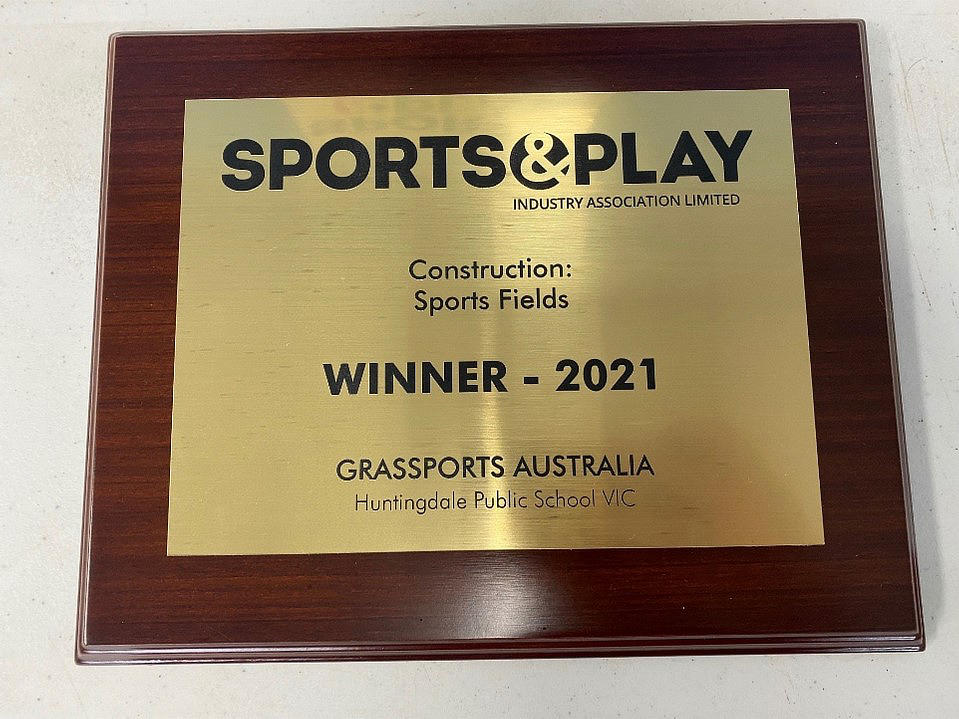
Bilingual Adventure Camp
Every year our Year 3 to 6 students attend a three day adventure camp alternating between Sunny Stones and Waratah Bay. It is a time to develop strong team building activities and personal skills such as resilience persistence and leadership.
Student Leadership
Year 6 Leaders
Each year, Year 4-6 students and staff select School Captains, House Captains, Multimedia Captains, Sustainability Captains, Community Captains, Taiko Captains and Choir Captains. These students participate in a targeted leadership program. All Year 6 students have a type of leadership role within the school.
Student Leadership Council
Students in Years 2 to 6 are nominated by their class to be part of the Student Leadership Council (SLC). SLC meets on a fortnightly basis to assess areas of need from a student perspective and create action plans to drive improvement in these areas. SLC fundraises twice a year to support the improvement areas they have identified. Our Community Captains, along with a designated support teacher, chair the meetings and turn the proposals into action.
Attendance
Going to school every day is the single most important part of your child’s education.
There is no safe number of days for missing school – each day a student misses puts them behind and can affect their educational outcomes.
In Victoria school is compulsory for children and young people aged 6 -17 years.
At Huntingdale, we have a Student Attendance Policy which you can read here.
The Leadership Team and teachers closley monitor student attendance and inform parents if their child’s absences are too high. .
The Importance of School Attendance
Attendance patterns are established early – a child regularly missing days in the early years of school will often continue to miss classes in the later years.
Students will lower attendance will often:
- Miss learning the fundamental skills that will set them up for success in the later years of school.
- Achieve lower in numeracy, writing and reading.
- Achieve lower test scores than their classmates.
- Have difficulties in settling into the routines of school life.
- Have difficulties with making friendships and having positive socialisation skills with their peers.
- Will feel disconnected from their peers and teachers.
- Be playing ‘catch up’ with their learning which is disruptive. Learning activities often span over a number of sessions and missing earlier sessions where the activity is explained puts them behind.
Top Tips for Parents
- Remember that every day counts.
- We want to work in partnership with you – act early if you have any attendance concerns by asking for advice and support.
- Talk positively to your child about school and the importance of attending every day.
- Avoid making routine medical and dental appointments during the school day or planning family holidays during the term.
- Build a consistent home routine to get ready for school.
Reporting Absences
- We prefer all absences to be reported using Operoo by no later than 9.15am.
- If you cannot access Operoo please contact the school office on 9544 2318.
- After teachers have marked the roll, our Office Manager checks for any unexplained absences. A text message is sent to parents asking for the reason of absence and we ask that you reply to this as soon as possible.
Student Wellbeing
At Huntingdale Primary School Student Wellbeing (SWB) is a priority. Research shows that students who feel safe and secure learn best and there is a strong link between wellbeing and academic success.
We aim to have happy and engaged students who want to learn. They will be independent, self-regulating and self-motivated and be able to get along with others. They will have high-level personal and interpersonal skills and build connectedness that will enable them to aptly deal with difficult situations in their lives both now and in the future.
At Huntingdale Primary School we believe it is the teacher’s role to facilitate SWB in conjunction with parents, other stakeholders and the students themselves.
We aim to build and promote respectful relationships with everyone in our school community and build a sense of belonging and inclusion. We do this by explicitly teaching social and emotional learning using ‘Play as Way’, ‘Zones of Regulation’ and ‘Respectful Relationships’ as platforms. We also offer a range of support mechanisms for SWB for students who may be experiencing difficulties both socially, emotionally and academically.
Play is the Way has five virtues that we explicitly teach, both in English and Japanese:







We also use the 3R’s- Reflection, Repair and Restitution to work through issues with students.
“The 3R’s method is behaviour education methodology that builds self-awareness and self-management skills. It strengthens relationships, develops empathy, addresses bystander behaviour and makes a genuinely safe school achievable” (Wilson McCaskill)
Our aim is to assist students in:
- Understanding their behaviour
- How it affects everyone in our school community.
What we understand
Consequence: The effect that my behaviour has on myself and other people
Our focus is on educating students how their behaviour can affect themselves and others and reflect on the possible outcomes before deciding how to act.
Consequences and punishments are not one and the same.
What we do
Restitution: A means to undo the damage and reconnect with your community. A means to rebuild trust
When a student behaves inappropriately, they are given the opportunity to reflect upon their decisions and how those decisions affected themselves and others. They are provided with an opportunity to make amends and/or restore the damage.
Our focus is on educating students to change their behaviour based on the understanding of how it affects others, rather than on the fear of punishment. We are here to help children, not hurt them.
For more information on ‘Play is the Way’, please visit https://www.playistheway.com.au/
Zones of Regulation
To complement ‘Play Is The Way’ we use the ‘Zones of Regulation’. This teaches students what the different emotions are and to build strategies on dealing with them.
